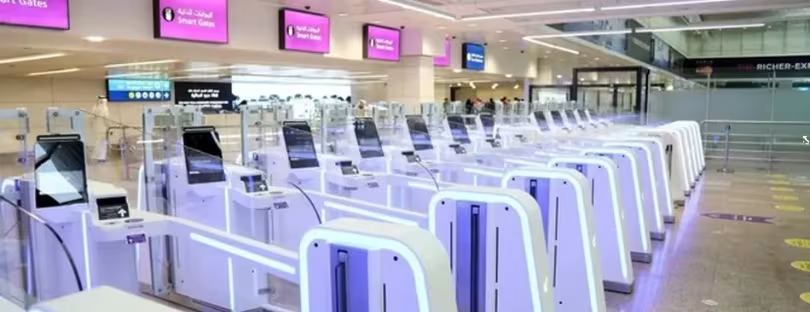
Hotels Need to Adapt to Changing Consumer Behavior
Agilysys, a leading global provider of hospitality software solutions and services, announced the results of the 2023 UK Hospitality Impact Study, which revealed that just 27% of UK travellers have rebooked a hotel in the last year. The study, which canvassed the opinion of 1,000 UK consumers who have travelled frequently in the last year, revealed that 85% have made changes to their holiday plans in response to the cost-of-living crisis during the last 12 months. hotel guest retention
Almost half (44%) of UK consumers agree their leisure spending has decreased in the last year, with a third (36%) saying it has stayed the same, while two in five (41%) of respondents claimed they had travelled less. Guests also cited taking fewer holidays (38%), taking shorter breaks (18%) or opting for staycations (16%) as personal strategies for combating the cost-of-living crisis.
“Consumer economic concerns have escalated the need for hotels and resorts to provide a seamless guest experience through every touchpoint,” said Matthew Prosser, Regional Director UK, Agilysys. “While some tend to think this can be achieved through personal high-touch service alone, research shows the most impactful way to increase guest retention and returns is to combine technology advances with personal and attentive service so that guests are surrounded by choice, convenience, and personalised encounters.
Improving guest retention by as little as 5% has been estimated to increase profits by as much as 25%, according to Bain & Company, so it is essential that hoteliers understand why guests are not returning to their venues so they can address the problem,” Prosser added.
When asked what would make them more likely to rebook a venue, respondents who did not rebook the same hotel cited various factors, including:
- 64% said reducing wait times across all touchpoints would make them more likely to rebook.
- 62% said tailoring experiences to their individual preferences would make them more likely to rebook.
- 62% also said a strong loyalty program would make them more likely to rebook.
- 61% said having the flexibility to manage their stay via hotel staff or via technology was important.
- 58% said little surprises, such as having chocolate left on their pillow, would make them more likely to rebook.
For those who did rebook at the same hotel this past year, the reasons they cited were similar: hotel guest retention
- 48% said the hotel or resort delivered an exceptional experience end-to-end, from booking to check-in to services to dining and activities to check-out.
- 42% said the staff was friendly and courteous and went “above and beyond” to make my stay memorable.
- 24% said every touchpoint, from staff to self-service and mobile, was tailored to their preferences.
“The survey emphasises the need to create an exceptional experience for every guest, every chance a hotel gets,” Prosser noted. “UK travellers have high expectations when it comes to personalisation and flexibility. Investing in the right technology platform is key to empowering staff to create unforgettable memories and building lasting connections with their guests. Hoteliers then can focus on developing brands that are well-loved by all guests, boosting return on experience in the form of positive reviews, return stays and, ultimately, high economic returns,” Prosser added.
Jane Pendlebury, Chief Executive, HOSPA said: “This research has confirmed what we always suspected: hospitality can be a tough industry. Hospitality has often proved to be an early indicator of an economic downturn and these businesses, sadly, are also usually slow to recover as consumer confidence catches up with an improving economy.”
Pendlebury added: “However, small tweaks to business models can substantially increase profitability. Loyalty is a major player in the key to success and if that aspect can be enhanced by clever technology, then why not consider the benefits of increased automation?”








